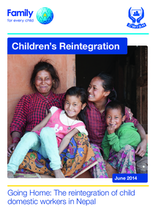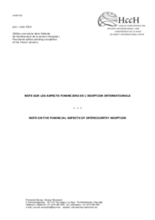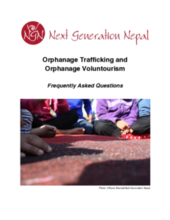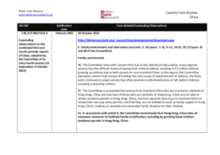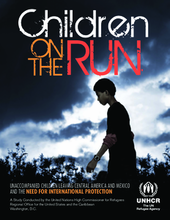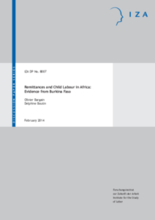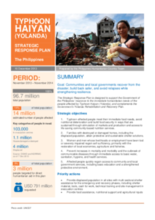Displaying 331 - 340 of 469
This report documents a study of the reintegration of child domestic workers in Nepal.
To address the issues related to the financial aspects of intercountry adoptions, the Hague Convention initiated an Experts’ Group, which met in October 2012 and produced nine Conclusions and Recommendations, which they brought to the Permanent Bureau to publish as a “Note”.
This article is primarily aimed at providing a foundation for analyzing both the challenges and opportunities of partnering with religious communities and organizations in addressing child abuse and neglect.
To help answer commonly asked questions—and to provide an overview of an understandably confusing topic— Next Generation Nepal (NGN) has prepared this briefing paper in which NGN answers the most frequently asked questions we receive about orphanage trafficking and orphanage voluntourism.
This video from Learningservice.info discusses issues around orphanage volunteering and tourism. The video is accompanied by a number of prompts for further discussion.
This country care review includes the Concluding Observations for the Committee on the Rights of the Child and the Committee on the Rights of Persons with Disabilites.
This report, issued by the United Nations High Commissioner for Refugees, examines the situation and needs of unaccompanied children who emigrate from Central America and Mexico to the United States, and offers recommendations based on those needs.
A presentation on the "Orphan Industrial Complex" at the Young Lives and Globalization in Africa workshop at the University of Liège, Belgium on 21st February 2014.
This paper explores the effects of remittance receipt on child labour in an African context.
A Strategic Response Plan developed and designed to support the Government of the Philippines’ response to the immediate humanitarian needs of the people affected by Typhoon Haiyan (Yolanda), and to complement the Government’s National Rehabilitation and Recovery Plan.

